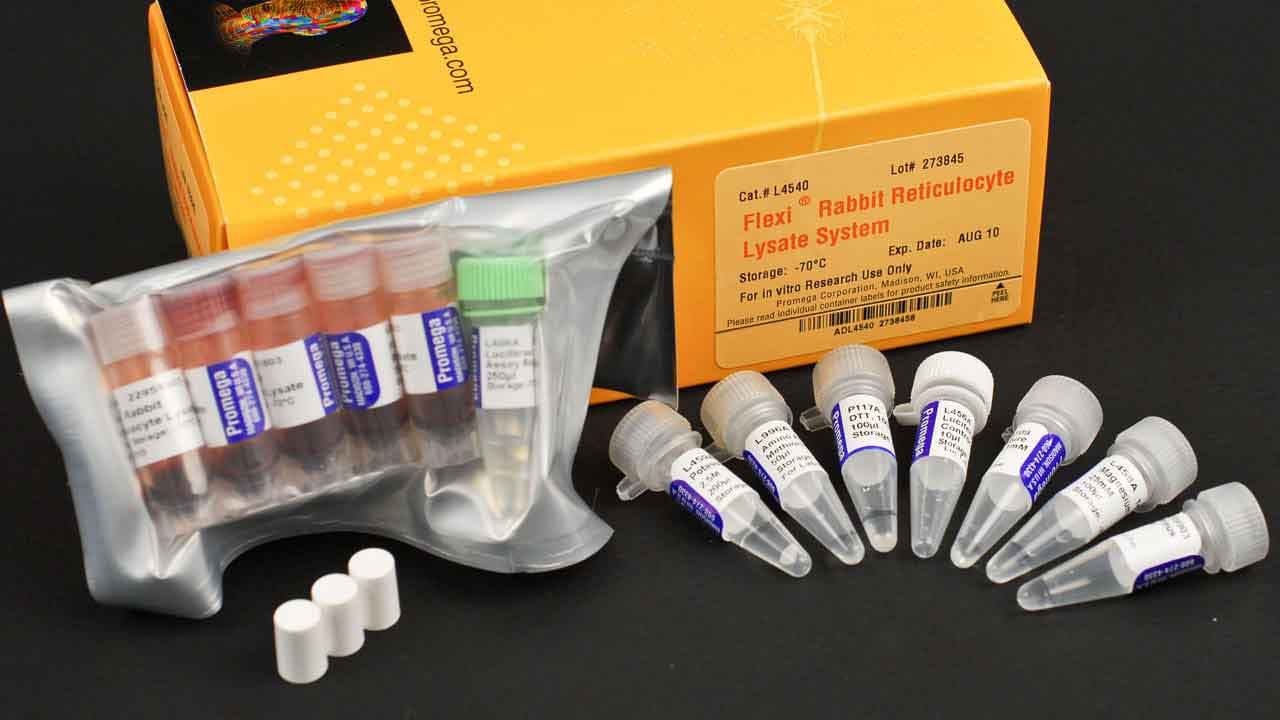Health
Cholesterol: When To Call A Doctor?

Cholesterol is a waxy substance that is commonly found in the lipids or fats in your blood. Your body needs cholesterol to continue on building healthy cells, but having too much of it can also increase your chances of having a heart disease. When the cholesterol level is high, the fatty deposits in your blood vessels will develop.
These fatty deposits will make it hard for enough blood to flow through your arteries. This means that your heart will not get as much oxygen-rich blood that it needs which can increase the risks of a heart attack. The low level of blood flow to your brain is a possible cause of stroke.
The Symptoms of High Cholesterol. Sadly, symptoms of high cholesterol are not obvious. The only way that you will know about your cholesterol levels would be through a blood test.
When is the Best Time to See a Doctor?
Even though the symptoms of high cholesterol is not visible, it is best if you can talk to your doctor about it. Ask when you can have a cholesterol test. The recommendations for the age of the first screening vary. Retesting should be done every five years. If the results of the tests are not within the normal ranges, your doctor will usually recommend more frequent measurements. Usually, the frequent tests will also be based on your family history of high cholesterol, heart disease and other risk factors like smoking, diabetes or high blood pressure.
The Causes of High Cholesterol

Cholesterol is carried through your blood which is attached to your proteins. The combination of the proteins and cholesterol is called lipoprotein. There are two types of lipoproteins. The LDL or Low-density lipoprotein or bad cholesterol that transports cholesterol particles throughout the body, and the HDL or High-density lipoprotein or good cholesterol which picks up excess cholesterol and brings it back to your liver.
Inactivity, obesity and an unhealthy diet can contribute to high LDL and low HDL cholesterol levels. These are the factors that are within your control. Genetic makeup is one of the factors that are beyond your control. This prevents your cells from removing LDL cholesterol from your blood or cause your liver to produce too much cholesterol.
Factors that Increase Your Risks of High Cholesterol
There are some factors that you might not know of that can affect the increase in your cholesterol levels. Some of these factors may include:
- Poor diet. When you eat saturated fats that can be found in animal products, trans fat in commercially baked cookies and crackers. These can increase your cholesterol level.
- If you have a body mass index or BMI that is greater than 30, this will put you at risk for high cholesterol.
- Cigarette smoking can damage the walls of your blood vessels which makes it accumulate fatty deposits. It also lowers your good cholesterol.
Your cholesterol levels should not be taken for granted. If you think you are following an unhealthy lifestyle, or you have gained too much weight, ask your doctor if it is time to check your cholesterol levels before it’s too late. Remember to follow it up every 5 years to make sure that you are maintaining your normal levels.






